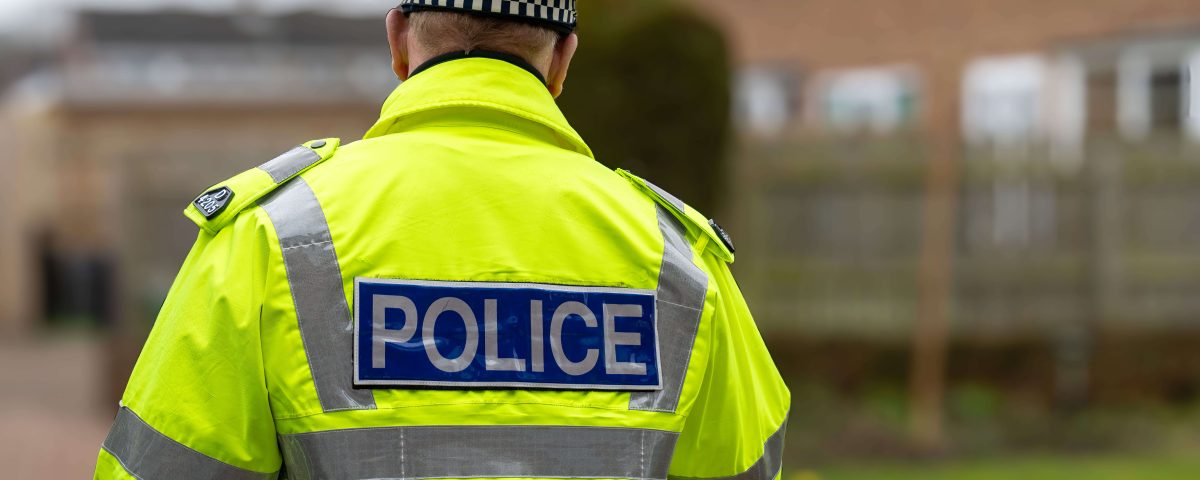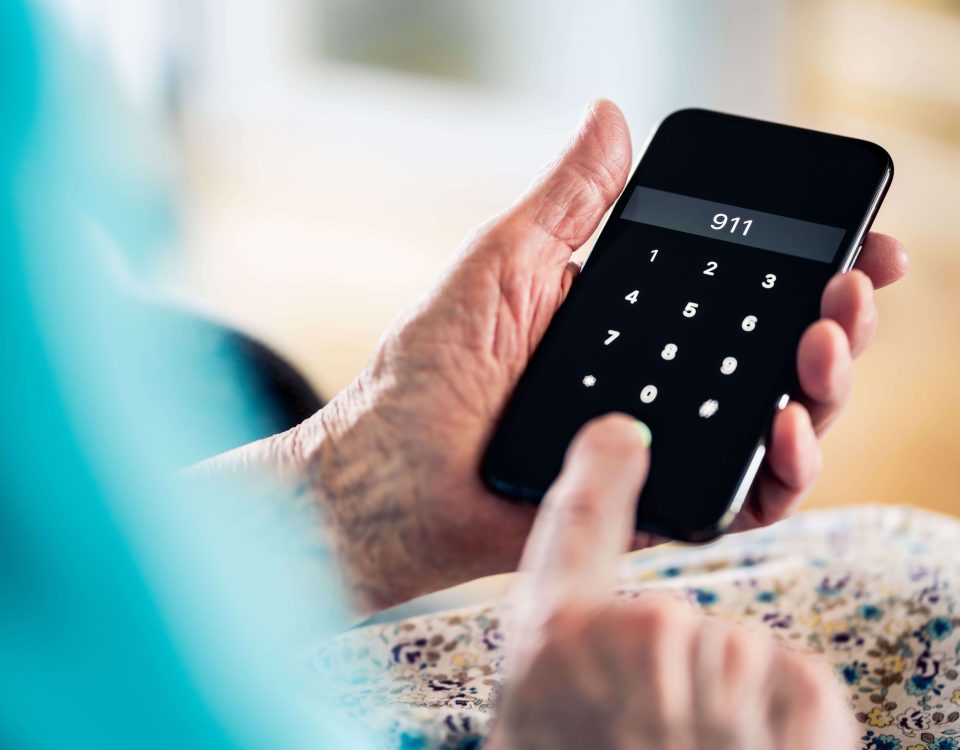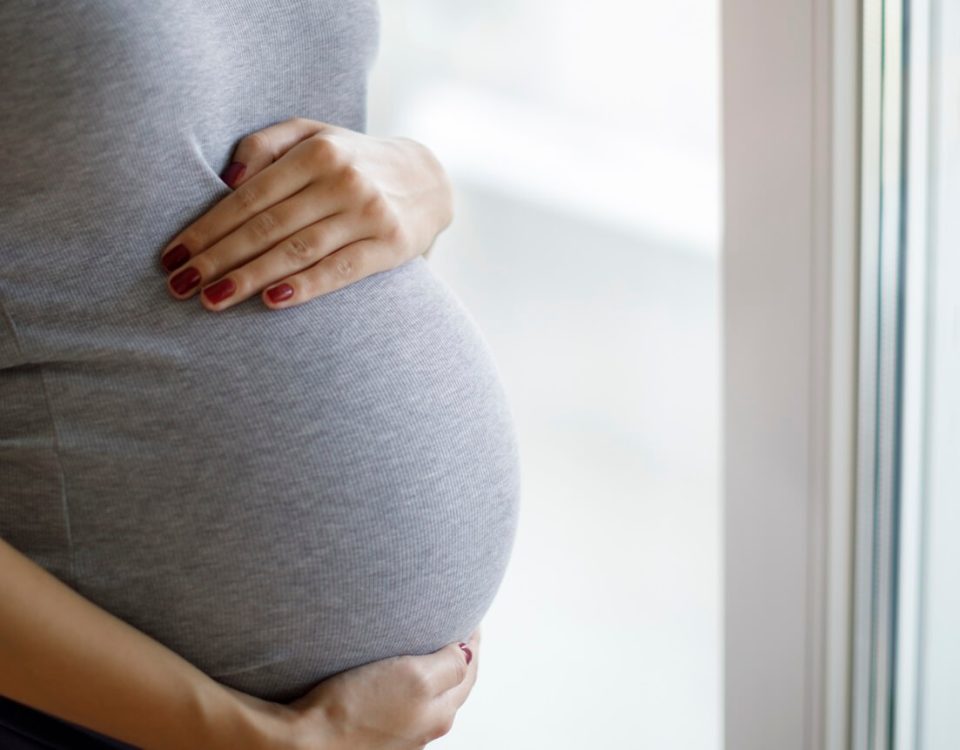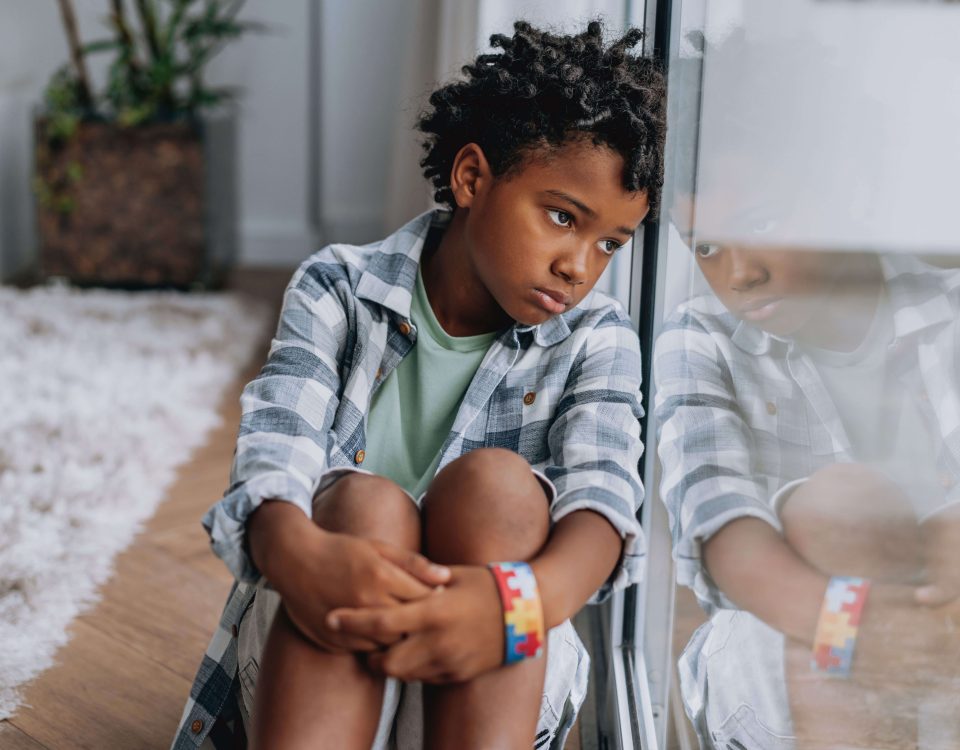- Have any questions?
- 412-123-4567
- noreply@upmc.com
What Is a Welfare Check?

Worrying about other people and their health and safety is natural. We feel concerned about the ones we love and take an interest in our families', friends', neighbors', and colleagues' well-being.
We expect we can call or text people to reach them. And if we don't hear from someone we regularly hear from, we want reassurance that the person is doing OK.
Getting a welfare check is one way to confirm that someone's safe and well. Read on to learn about welfare or wellness checks and why and how to initiate one if you think someone might need assistance.
What Does It Mean When Someone Gets a Welfare Check?
A welfare check means a police officer or officers physically show up at a person's residence to make sure they're OK. This is also known as a wellness check.
The goal is to get physical eyes on a person who has consistently been unreachable. Friends, family members, or neighbors are most likely to initiate a welfare check. They do this when a person fails to respond to typical phone calls or texts.
How to Do a Welfare Check on Someone
It's the duty of law enforcement to protect the community and its members. Part of that protection includes welfare checks. You're perfectly within your rights to ask for one if you have a strong concern that someone is truly in danger.
Initiating a welfare check on someone you feel concerned about follows roughly the same protocol in each state, including Pennsylvania. You can either contact the nonemergency phone number in the local area where that person lives or dial 911.
Choose 911 if you suspect that the person is an immediate danger to themselves or in imminent danger from someone else, such as an intruder. Choose the nonemergency number of the police precinct in that person's area if you suspect a serious problem because you haven't been able to reach that person.
In each instance, express your concerns and give background information about that person, as well as your many attempts to make contact with them.
Prepare to answer the following questions:
- Who's status is concerning you?
- What is your concern about them?
- Where does this person live?
The authorities will listen to your concerns and determine the appropriate action to take. They'll communicate what they intend to do and get back in touch with you when they have more information.
In some cases, you can accompany the welfare check yourself if you so choose.
Why Would You Do a Welfare Check?
At one time, welfare checks were most closely associated with vulnerable elderly people living alone without family nearby. Those types of welfare checks are still very common, but welfare checks can also apply to many other circumstances as well.
People of any age can be vulnerable. Anyone can face challenges with mental health, emotional support needs, or substance use disorders. Anyone can experience an in-home accident or sudden health event.
You might initiate a wellness check if:
- A family member has been acting different or out of character lately, and you have concerns they might have started using heroin again. They never miss Sunday dinner at your parents' house, but they did yesterday. Their roommate hasn't seen them in a couple of days.
- Your colleague lives alone and has diabetes. They missed work yesterday without calling in sick and haven’t come into the office yet today. You called their home phone and cellphone and got no answer. Their parents, who live out of state, haven't heard from them either.
- Your friend who suffers from major depression hasn't returned your texts or phone calls. You've driven by their apartment and their car is there, but they aren’t answering their door. Their neighbor(s) haven't seen them coming or going. They have a history of self-harm.
Each of these situations presents a legitimate cause for concern. All of the individuals described are vulnerable.
You've tried and failed to reach them repeatedly. And you've reached out to others who haven't seen or heard from them either.
What Happens During a Welfare Check?
When police arrive on the scene to do a welfare check, they'll knock on the door (or ring the doorbell) of the residence. Best-case scenario, the person of concern will answer the door safe and unharmed and explain why they've been unreachable. Law enforcement will inform you that the person is fine and relieve your concern.
If police arrive and nobody answers, they'll identify themselves as law enforcement and present a second opportunity for someone to answer the door.
What if Someone Doesn't Answer the Door for a Welfare Check?
If police knock on the door of a residence to conduct a welfare check and nobody answers, they'll further assess the situation by:
- Checking the mailbox to see if mail has been collected.
- Exploring the premises for anything out of place or unusual.
- Looking for the person's car.
- Looking in the windows of the residence.
- Trying doors and windows to see if any points of entry are unlocked.
If law enforcement can't find a way to enter the residence, they can forcibly enter as long as it is plausible that someone inside is in danger. Each situation is different, but law enforcement's discretion alone decides whether or not to enter without permission. They don't need a warrant.
In many cases, the decision to forcibly enter a locked residence can save someone's life. If the person is unconscious, injured, or in a physical or mental health crisis, police officers conducting the welfare check can administer emergency care. They can also alert any other first responders if necessary.



